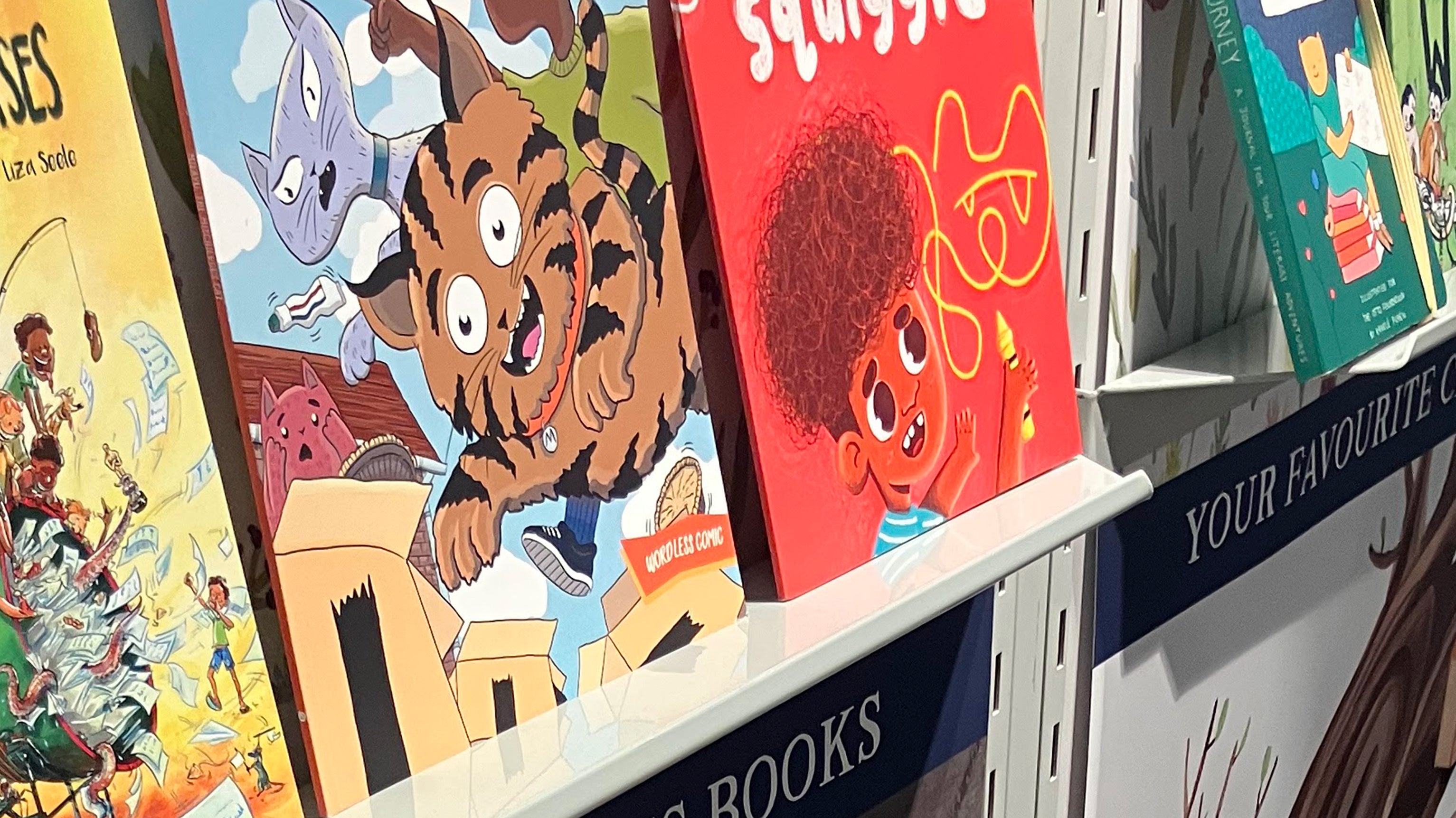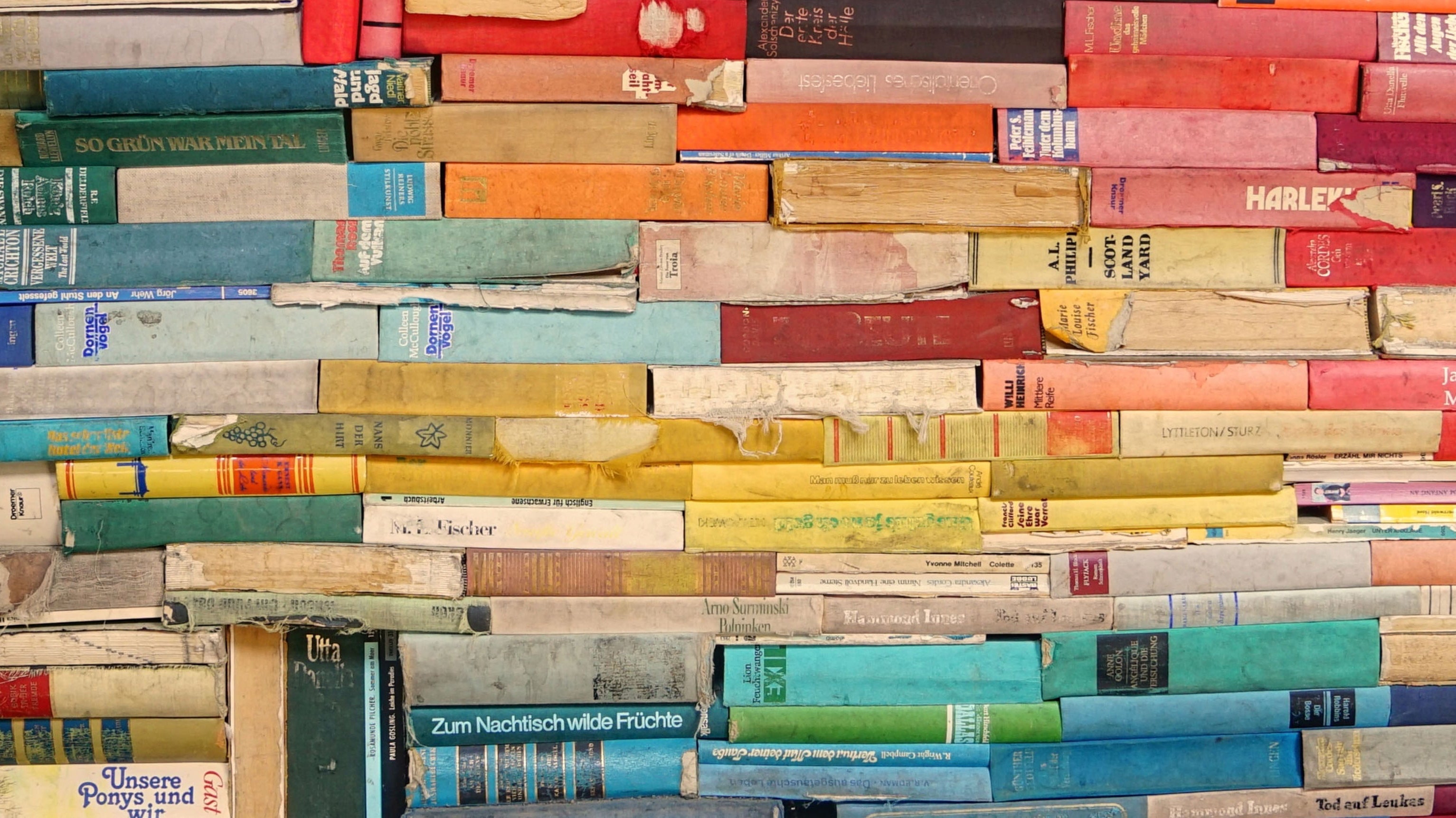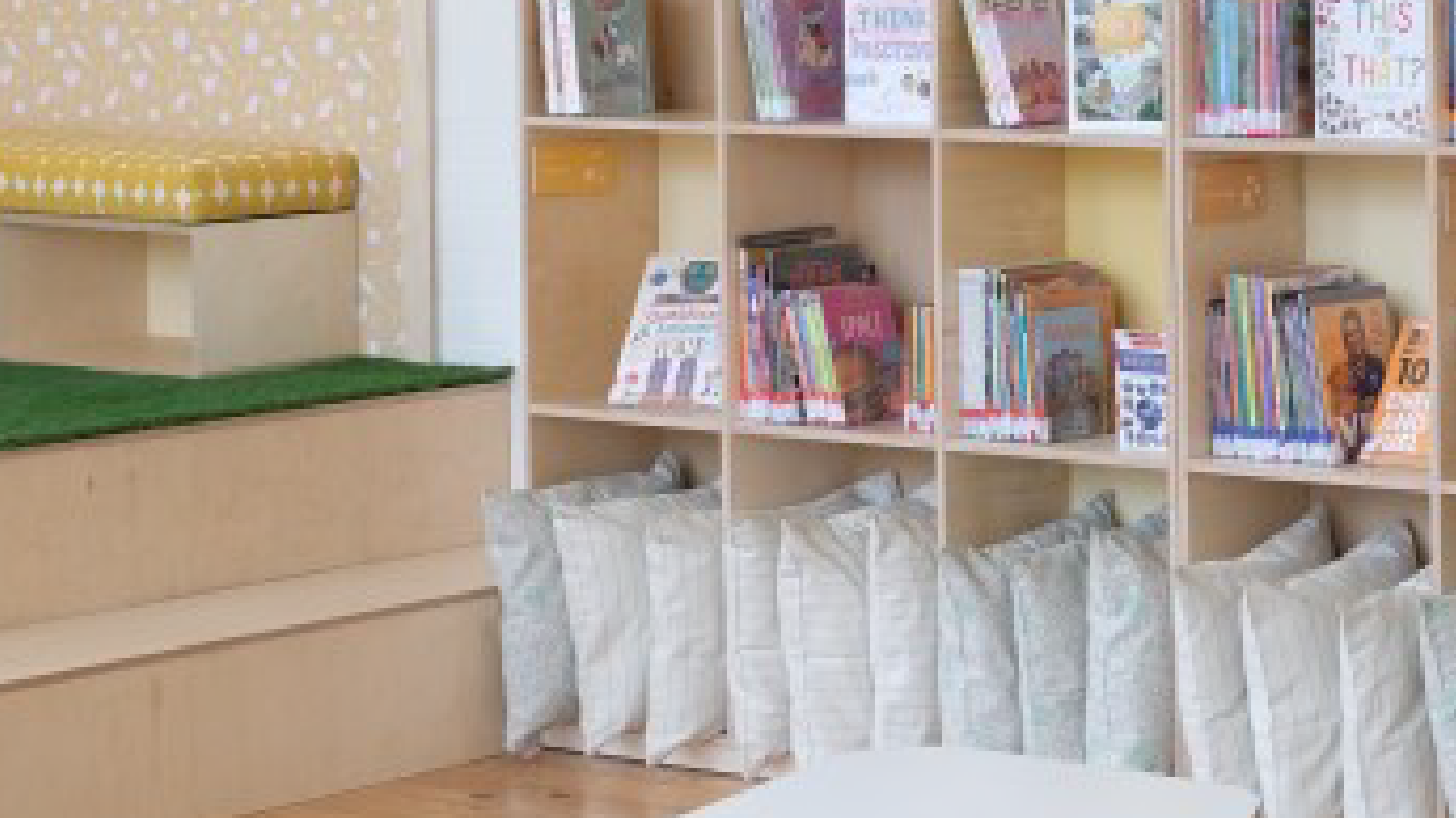In our last blog we spoke about the relevance of libraries. While we delved into why libraries are still relevant today, we didn't answer the question of "Where do libraries get their books?" So, how does a book enter the public domain (in other words, get into our hands)? Getting an idea from an author’s imagination into the hands of the reader requires careful curating and a host of people are involved, but one of the most vital roles is that of the Publisher.
How did publishing become a job?
Early records of writing appeared on clay tablets produced in an area called Sumer. That is probably the reason that not too much was written at that time. Imagine having to write a novel on clay tablets! It might have been tricky to get it home if you took it out of the Sumerian library. But, with the invention of paper and later, printing, manuscripts and books started to become more accessible. In years gone by, the function of author, printer, publisher and bookseller were very often undertaken by one person. However, as literacy increased the demand for printed material increased and each of these functions became more specialised. By the 19th century, publishing was a job of its own.
This was largely down to the new value placed on literacy and social change by the average person. As printing improved, more books were produced and, as more books were produced, people read more and wanted to read more. But somebody had to make sure they were distributed. Not only that, but somebody had to have the money to print them in the first place! This is where the ‘publisher’ stepped in; an occupation spawned by the flood of books ready to be sold. This quite sudden availability of books led to a yearning to read, and the growing literacy amongst the general public encouraged social change as people began to more widely consume and share new ideas. Publishing books was now not just a cool invention... it was a commercial success that was vital to the education of nations.
What does a publisher do?
The role of publisher is quite challenging as it straddles so many disciplines (in other words, it requires a lot of different skills). In short,
The role of a publisher can differ based on the size of the publishing house (i.e. company) they work at. In bigger publishing houses, their job is more focused into deciding on which manuscripts to produce, making sure that proper budgets are used for producing books, and that good plans to market and distribute the books are put in place. At smaller publishing houses, a publisher's role often needs to encompass several other jobs too.
At a smaller publishing house, like Imagnary House, finding talented authors is just the start. Once a publisher has decided on a story or potential book, the real work starts. The publisher edits the manuscript and finalizes it with the author and, where required, the illustrator. The paper for the book is selected and fonts and letter size are decided on. The book cover is designed with the potential market in mind, as is the type of binding the book will have. The marketing team is engaged to decide on book launches and publicity. The publisher’s sales team introduce the concept to retailers in anticipation of advance sales, which helps the publisher decide on the size of the initial print run of books. Eventually, the book lands on the retailers’ shelves and everyone involved, not least the publisher who now has a very deep financial interest, holds their breath... will it be a success? It is a massive investment in time and effort, and is always a risk for the publisher.
How do you become a publisher?
There are many courses that you can take, and internships you can get at publishing houses to start your journey... but that isn't the only route to becoming a publisher. I spoke to Brad Harris of Imagnary House about how he became involved in publishing and what it’s like to be a publisher. Brad shared that, as a child he was surrounded by books and loved reading, which led to a passion for writing. He realized that if books could have such an impact on his life then they could have an impact on the lives of others. This resulted in him studying Creative Writing at the University of Cape Town, where he attained his Masters in Creative Writing. However, along the way this love of writing led him to realise that he could impact the world of literature on a broader scale, especially through children's books. Imagnary House was born! Brad gives credit to the amazing authors he has worked with for the success of Imagnary House, as well as to his wife Alison, who is the Creative Director and who brought a whole new visual side to this dream.
Today, more and more books are being written and publishers are constantly seeking new authors telling new stories that encourage more reading, hoping to uncover the next bestseller. Publishers see books as their business, but they also are in this business for the passion of story and literacy. Without the services provided by publishers, the sharing of literature would certainly be trickier and the world would likely be poorer for it.





